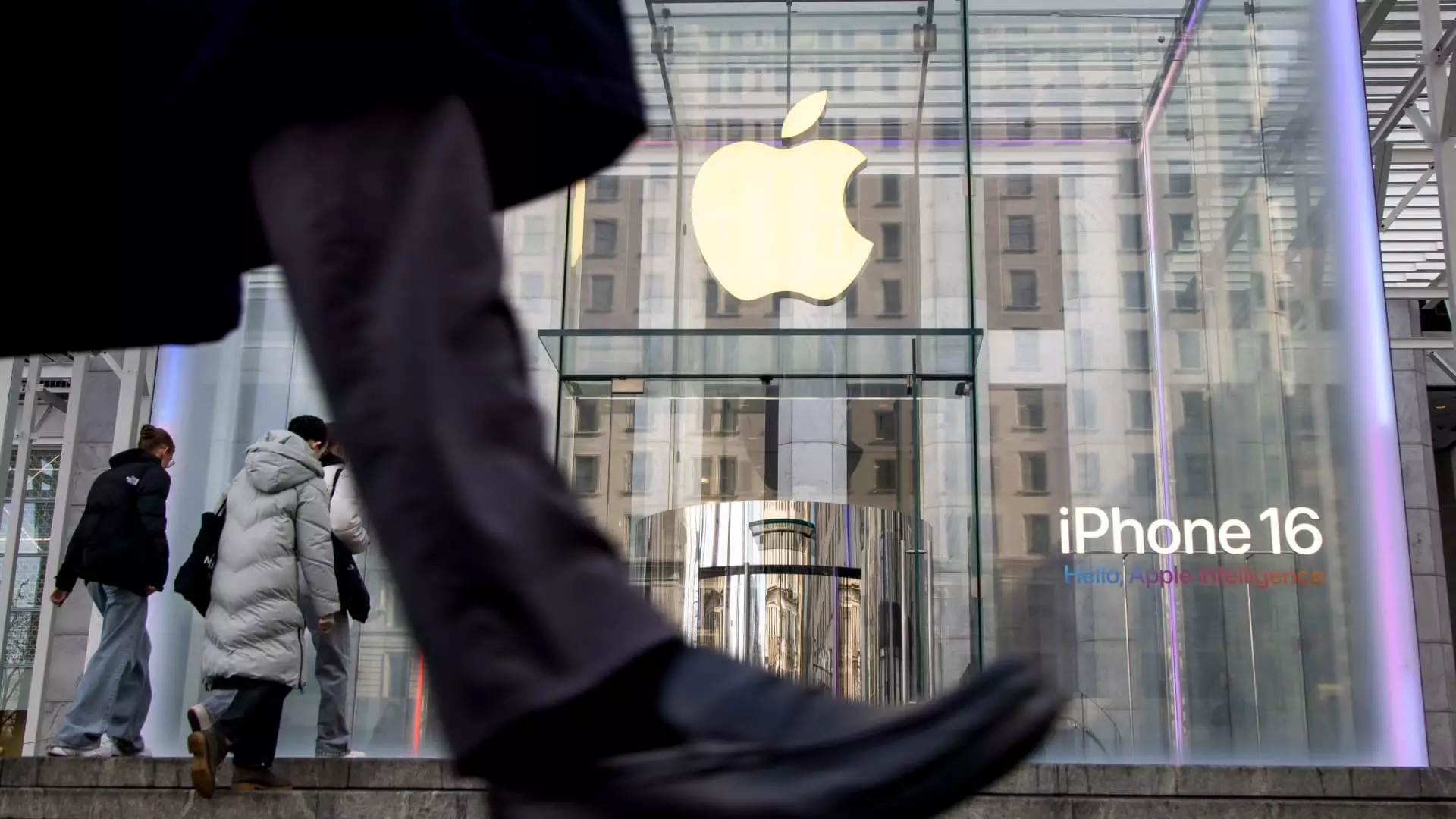The prospect of tariffs has become a specter haunting American consumers, with a staggering 85% expressing anxiety about impending price hikes, as revealed in a recent NerdWallet survey. As I sift through the data, it’s clear that this isn’t just a fleeting concern; it’s a real fear rooted in the everyday cost of living. Consumers are not merely worried about theoretical impacts; they’re already grappling with the repercussions of an economy that feels increasingly precarious. A significant number are bracing for the possibility of a recession, reflecting a broader unease that has permeated their financial outlook.
The recently reported drop of over 30% in consumer sentiment from the University of Michigan paints a grim picture. With concerns over a trade war packing a punch, American confidence in the economy is not just wavering—it’s cratering. Imagine walking through the supermarket, your cart filled with necessities, only to be hit with prices that have spiked overnight because of tariff policies. This scenario has unfortunately become the reality for many as they feel the squeeze of fiscal pressures exacerbated by economic mismanagement.
Analyzing the Financial Fallout
Yale University’s Budget Lab posits that these tariffs could cost the average American household an eye-watering $3,800 annually. This number is not just an abstract statistic; it translates into significant shifts in consumer behavior. According to Palmer, a personal finance expert at NerdWallet, the looming tariff-induced price hikes are forcing Americans to rethink their spending. There’s a palpable sense of urgency in the air as many save less for retirement or discretionary items to afford basic necessities.
What’s particularly alarming is the shift in behavior towards saving. Nearly half of those surveyed plan to cut back on non-essentials, while a third admitted they may even reduce spending on necessary items. The pressure of having to choose between paying bills and saving for emergencies is an indication not just of financial strain, but of individuals feeling cornered by larger economic forces. The looming uncertainty does not bode well for the traditional safety nets that have long underpinned the American Dream.
The Double-Edged Sword of Financial Strategies
Amid these high-stakes decisions, financial experts like Stephen Kates remind us that not all hope is lost. He emphasizes the importance of establishing an emergency fund, ideally consisting of three to six months of essential expenses. While Kates promotes responsible saving, the reality is that many are struggling to balance this with their ever-mounting debts.
The “debt avalanche” strategy that Kates proposes offers a pragmatic approach—focus on the highest-interest debts first while maintaining minimal payments elsewhere. This method could free up funds, but it’s crucial to understand that not everyone can implement this strategy without potentially sacrificing critical daily needs. In these economically turbulent times, one can’t help but question whether reform is required to create a more equitable financial landscape for American consumers.
The Human Cost of Tariff Policies
More than just a financial strain, these tariffs represent a broader systemic failure that disproportionately impacts the most vulnerable. For a working-class family, the decision to forgo a vacation or replace a vehicle is not merely an inconvenience; it represents a sacrifice of aspirations, dreams, and a way of life that once felt attainable. The stories and lives behind the statistics are those of individuals who are confronted with impossible choices because of economic policies that seem far removed from their realities.
In a fiscal climate marred by uncertainty, it becomes clear that our leaders must listen to the voices of everyday Americans rather than get lost in the abstract machinations of trade agreements. The direct consequence of economic policy should not be more stress and anxiety for families trying to make ends meet.
As we navigate these turbulent waters, innovation and reform are needed to ensure that the burden of tariffs and economic decisions does not disproportionately fall on the shoulders of consumers. The dialogue surrounding these issues must shift towards fostering a more balanced economy that does not prioritize profits over people. Each percentage point drop in consumer confidence represents a larger narrative of every American struggling to find stability in a fractured system. The time to act is now, as the stakes have never been higher.

Leave a Reply